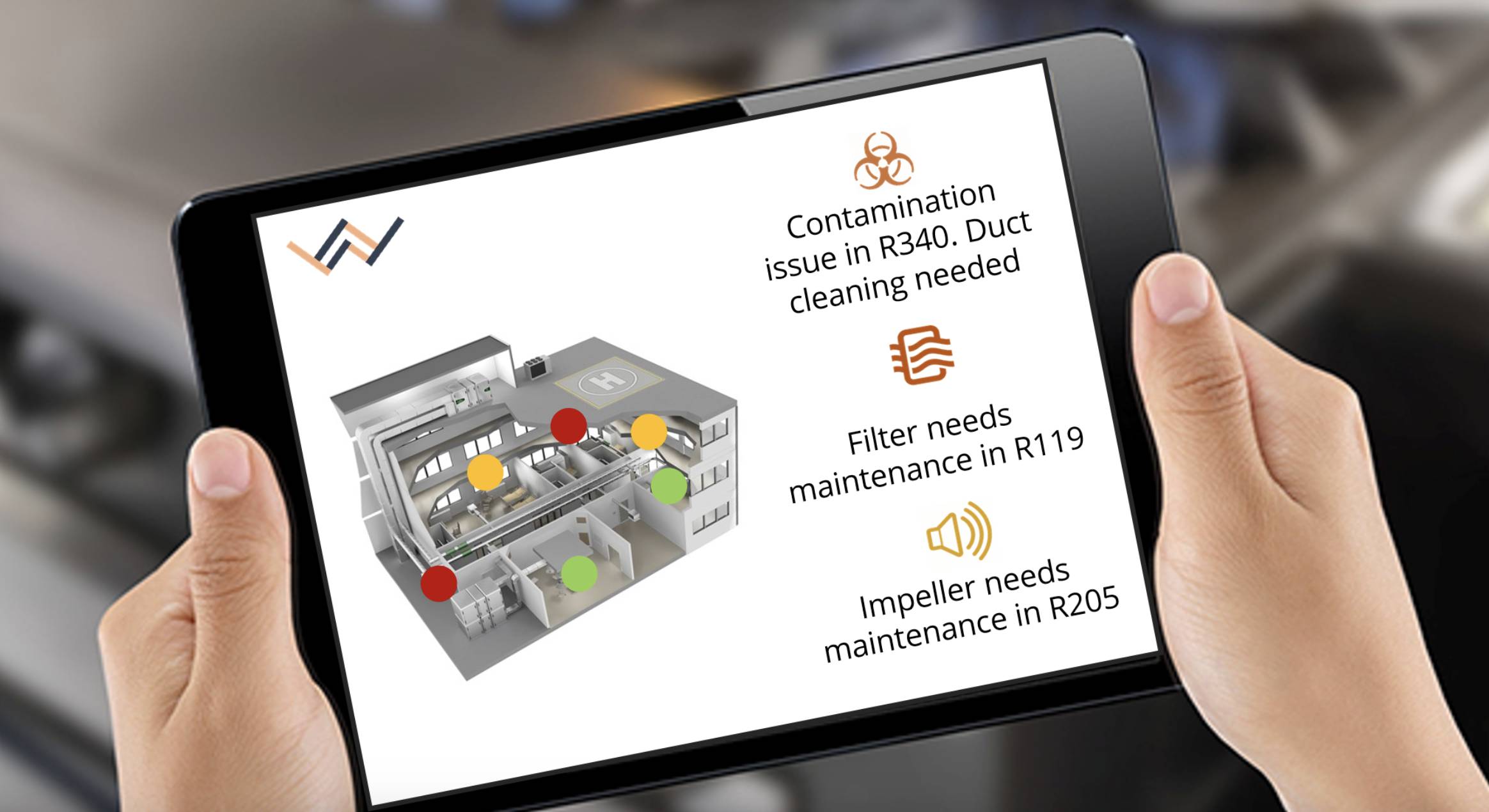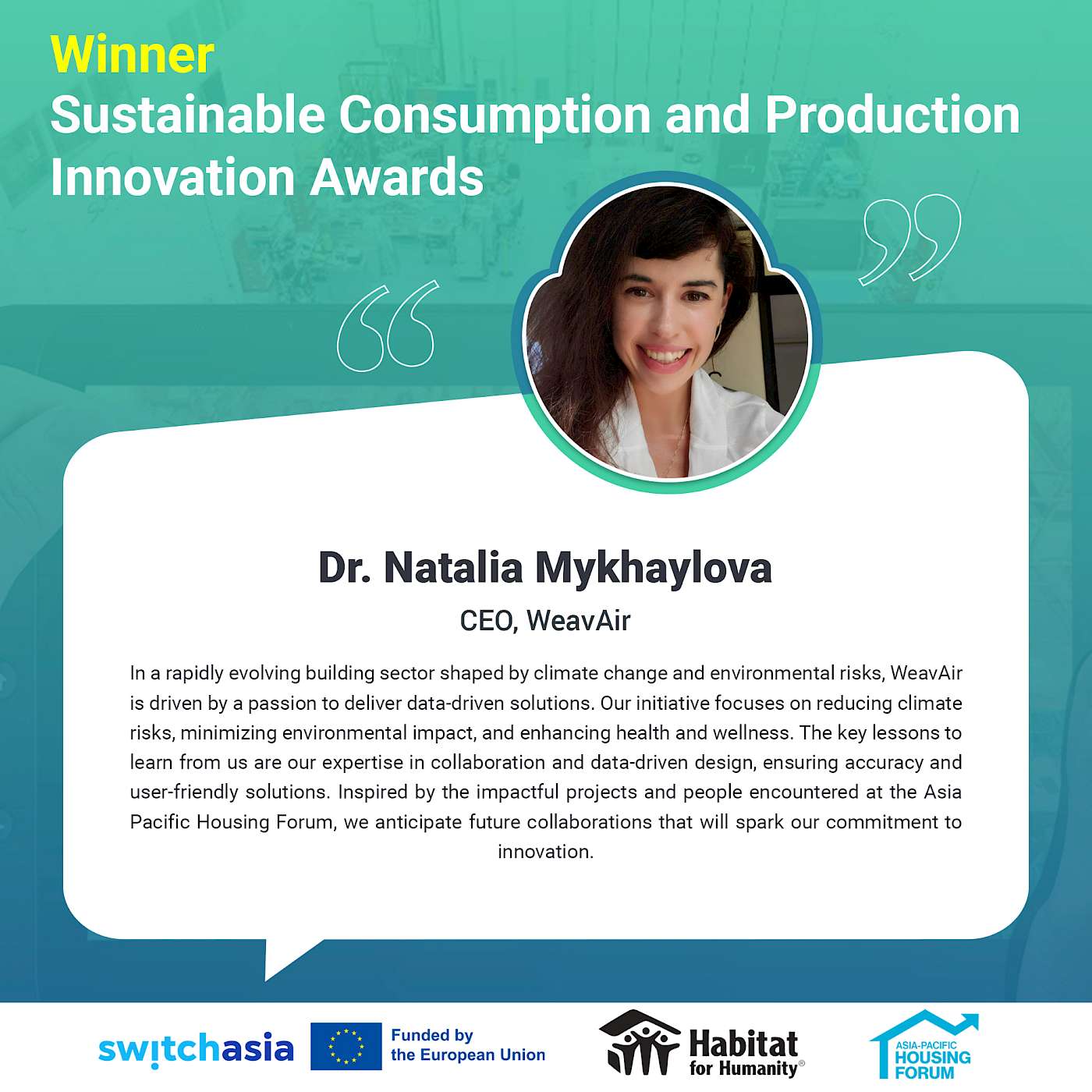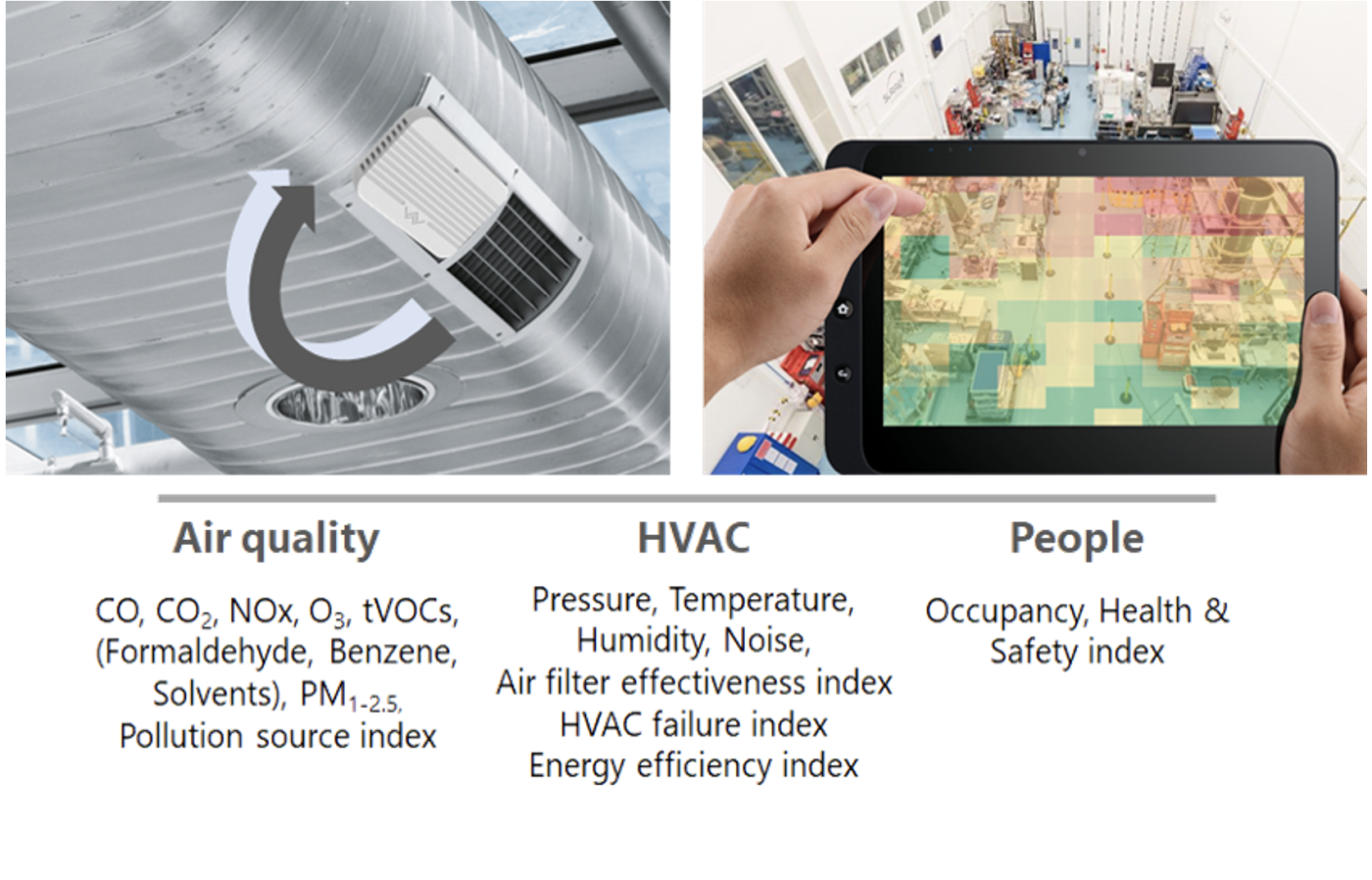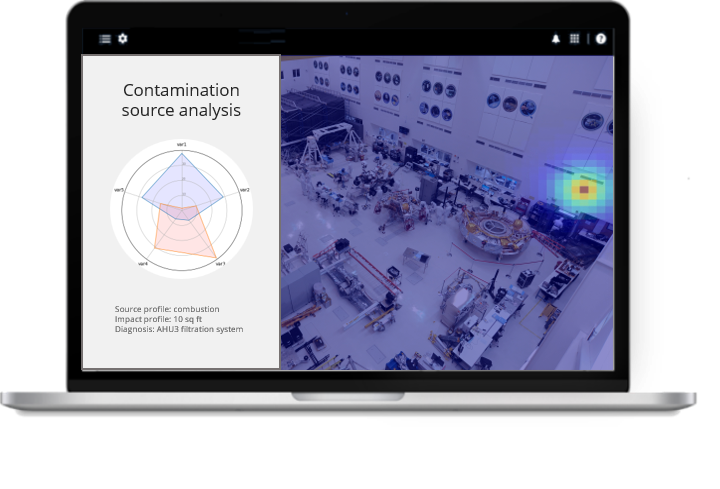
The buildings and construction sector plays a pivotal role in enabling sustainable consumption and production (SCP). SCP emphasizes the provision of products and services that minimize environmental impacts while maximizing social and economic benefits. Important ambitions include resource efficiency and building circularity, emissions reduction and energy solutions, and creating climate resilient, sustainable cities and communities.
Decisions made today in the buildings and construction sector have consequences for decades, influencing daily consumption choices and impacting environmental, economic, and social health. The longevity of buildings, coupled with the intensity of their resource use, makes it clear why sustainable practices in this sector are critical both for achieving climate targets as well as for moving towards circularity.
Within the context of the Asia-Pacific Housing Forum organised by Habitat for Humanity on 26-27 October 2023 in Suwon, Republic of Korea, a Special Award for Sustainable Consumption and Production (SCP), supported by EU SWITCH-Asia, recently recognized initiatives that incorporate sustainability in housing solutions.
WeavAir, a Singapore-based tech company, is the SCP Award winner in the “Technology” category. The WeavAir core business aims to establish reliable monitoring tools and systems that are crucial for integrating sustainability considerations into the buildings and construction sector.
Monitoring tools have long been used in the buildings and construction sector to improve operational efficiency and provide information on important cost factors, like energy or water. This cost-focus is often aligned with the SCP goal of achieving high-quality results with fewer resources. Increasingly, these monitoring tools have become digital, which allows going beyond short-term cost monitoring and efficiency and can be used to monitor and manage the quality of services. For example, sensors can be combined to monitor indoor and outdoor air quality and adapt airflow to use patterns. Another use case is checking maintenance requirements through sensors in real-time, thus improving the functional lifespan of buildings or their equipment. Digital monitoring and management tools in this sector can also be used as part of compliance with legal requirements, as well as asset management and financing, for example, to prove coherence with non-financial disclosure requirements by investors as per Environmental, Social, and Governance (ESG) criteria. Therefore, these tools can become important enablers of a systemic shift towards sustainability, which includes climate change mitigation efforts and resilience.
 Founded by a team of engineers, computer scientists, lawyers, and financial specialists, WeavAir seeks to bring different stakeholders of the building sector together for a data-driven approach to buildings and construction. WeavAir’s approach leverages a network of interconnected sensors and devices (including drone data capture systems and satellite imagery) to gather real-time data on various parameters such as energy usage, water consumption, structural integrity, and environmental conditions. Its AI-supported software can identify and help prevent problems in the construction process or building management, as well as make real-life data available to building managers, investors, or other stakeholders. This not only enables “near-zero” emissions buildings but also reduces building maintenance and operation expenses and contributes to the resilience and sustainability of buildings.
Founded by a team of engineers, computer scientists, lawyers, and financial specialists, WeavAir seeks to bring different stakeholders of the building sector together for a data-driven approach to buildings and construction. WeavAir’s approach leverages a network of interconnected sensors and devices (including drone data capture systems and satellite imagery) to gather real-time data on various parameters such as energy usage, water consumption, structural integrity, and environmental conditions. Its AI-supported software can identify and help prevent problems in the construction process or building management, as well as make real-life data available to building managers, investors, or other stakeholders. This not only enables “near-zero” emissions buildings but also reduces building maintenance and operation expenses and contributes to the resilience and sustainability of buildings.
Through the perspective of three of our jurors for the SCP Award, Dr. Zinaida Fadeeva, Florian Beranek, and Cosima Stahr, we present key considerations for SCP-relevant digital monitoring and managing technology that are also relevant for other initiatives in the buildings sector. They complement the factors of the previous two articles (India, Philippines and Indonesia; Nepal) on target group needs identification and partnerships development, innovation in practice and skills development, and maintenance, as well as assuring accessibility and affordability.
SCP-relevance of data monitoring and digital building management technology WeavAir's business case directly relates to Sustainable Consumption and Production (SCP) in the buildings and construction sector, addressing a number of major SCP issues. WeavAir's efforts, and those of similar digital platforms, are linked to SCP in the following ways:
Resource Efficiency during construction and operation:
- Real-time data from construction sites can optimize material use and reduce waste by accurately planning and monitoring material requirements.
- Data can be used to ensure that building components are only changed when necessary, promoting reuse and repair.
- Sensor-driven analytics ensure that buildings run at optimal resource use, reducing operational costs; energy or water usage is reduced by smart modifications based on real-time data.
Circular Economy – guiding long-term and investment decisions:
- Enhanced data monitoring allows for a comprehensive analysis of the lifecycle of resources used in buildings, from production to disposal. This insight can guide the selection of sustainable materials and practices.
- Use data can inform decisions on design and infrastructure to minimize environmental impact and improve social well-being.
- Large amounts of standardized data can be made available as reference points to allow comparisons between buildings, within blocks, cities, regions, and even globally, thereby making issues measurable and manageable.
Climate change – contributing to mitigation and resilience-building efforts:
- Standardized data monitoring at the building level informs building managers about energy use and greenhouse gas emissions, and the possibility to improve through efficient building management.
- Real-time data on weather exposure allows for informed climate risk modeling which helps predict and mitigate the impacts of climate change on buildings, contributing to infrastructure resilience.
Public Policy and Finance – enabling a transformation towards sustainability:
- Reliable data is a prerequisite for developing meaningful legislation and ensuring compliance with environmental regulations.
- Voluntary commitments by developers and building managers, and demonstrated adherence to specific ESG standards require accurate data on building performance, including energy use.
Collaborative Approach
Making data or monitoring tools available also enables well-being and community involvement in the building sector:
Well-being:
- Qualitative data captured by health and well-being metrics such as air quality and adaptive building management provides a higher quality of life for building users.
- Transparent reporting on building issues provides building occupants with the information they need to make informed decisions.
Community Involvement:
- Facilitating Sustainable Behaviors: Data from these technologies can also be used to inform and encourage sustainable behaviors among building occupants, further enhancing resource efficiency.
- Opportunities for collaboration with local organizations can develop community-led initiatives to increase overall housing and infrastructure sustainability.
Data monitoring and building management through digital devices are set to play a transformative role in steering the building and construction sector towards enhanced sustainability across Asia. Making data available and transparent is a key factor for all “market-based” transformative action. For example, when digital platforms like WeavAir strategically connect with financial institutions and standard-setting authorities, this allows for monitoring and potentially benchmark-setting in the buildings and construction sector that has not been possible so far.
Therefore, this and similar technological pioneering efforts have enormous potential in the context of an ever-growing interest in the buildings and construction sector as key contributors to climate change and climate change mitigation, but also beyond climate, regarding resource efficiency, circularity, and well-being.




